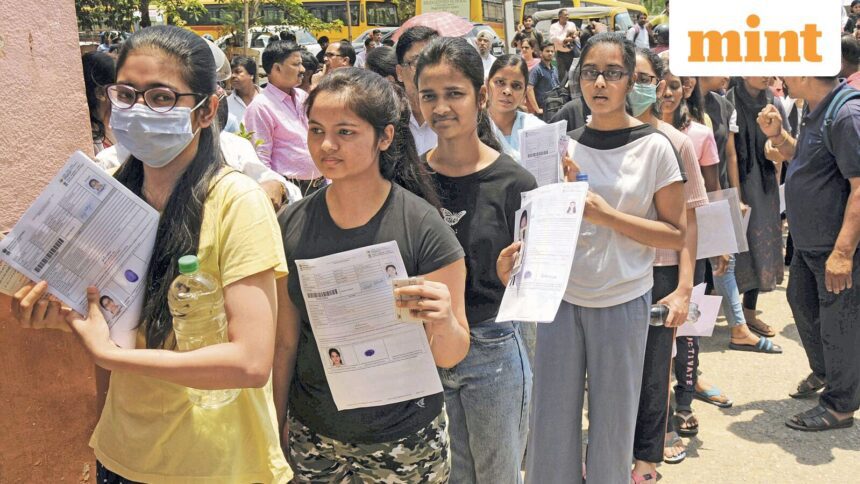The Indian government is planning a significant overhaul of the Prime Minister’s Internship Scheme, designed to connect academic learning with practical experience for youth. The revised scheme is expected to be presented to the Union Cabinet for approval shortly, according to sources who requested anonymity.
The initiative aims to provide one-year internships for 10 million participants over the next five years, offering a monthly stipend of ₹5,000, along with a one-time joining payment of ₹6,000. Modifications to the existing program will be extensive, reflecting lessons learned from the initial two phases, rather than minor adjustments previously considered.
With the pilot program concluding a year in October, a full-scale rollout is on the horizon. The scheme has gained attention as the government views real-world experience in corporate environments as crucial for enhancing youth employability and leveraging the country’s demographic potential.
Government data indicates that while there has been a robust response to internship applications, the actual sign-up numbers have been lower than expected, suggesting that refining the scheme’s parameters could boost participation rates. The first phase of the internship initiative launched in October 2024 saw the top 500 Indian companies offering 127,000 internships, surpassing the target of 125,000. However, only 28,000 accepted offers, with fewer than 9,000 actually joining. The second phase commenced in January this year, with partner companies providing 82,000 internships and over 24,000 candidates accepting offers, as reported by Harsh Malhotra, Minister of State for Corporate Affairs, in August.
Queries sent to the Ministry of Corporate Affairs for comment remained unanswered prior to publication. Notably, the specifics of internship locations will now include geotagged coordinates, aiding candidates in assessing travel requirements, which is a crucial factor for many when deciding whether to accept an offer.
Experts believe that these proposed enhancements, such as the inclusion of geotagged locations, may increase transparency and encourage more individuals to participate in internships. “Additionally, promoting internships in smaller towns and villages is a positive step towards equitable skill development, bridging the urban-rural gap,” stated Nipun Sharma, CEO of TeamLease Degree Apprenticeship. He also recommended integrating internships with undergraduate programs under the National Education Policy, allowing for 50% of curricular credits to be skill-based.
Currently, the scheme is restricted to applicants from families with an annual income below ₹8 lakh and those without any government employment in the family. It is also not available to individuals holding professional degrees in medicine, technology, law, or management, aiming to ensure benefits for socioeconomically disadvantaged groups. The program is open to individuals aged 18 to 24 possessing industrial training institute (ITI) certificates, diplomas, or bachelor’s degrees.
Sharma added that introducing third-party agents could facilitate corporate engagement, as demonstrated in the National Employability Enhancement Mission and the National Apprenticeship Promotion Scheme. Broadening participation beyond the top 500 CSR-contributing firms could enhance industry involvement and promote extensive skill development, supplemented by nationwide workshops to boost awareness of the scheme.










